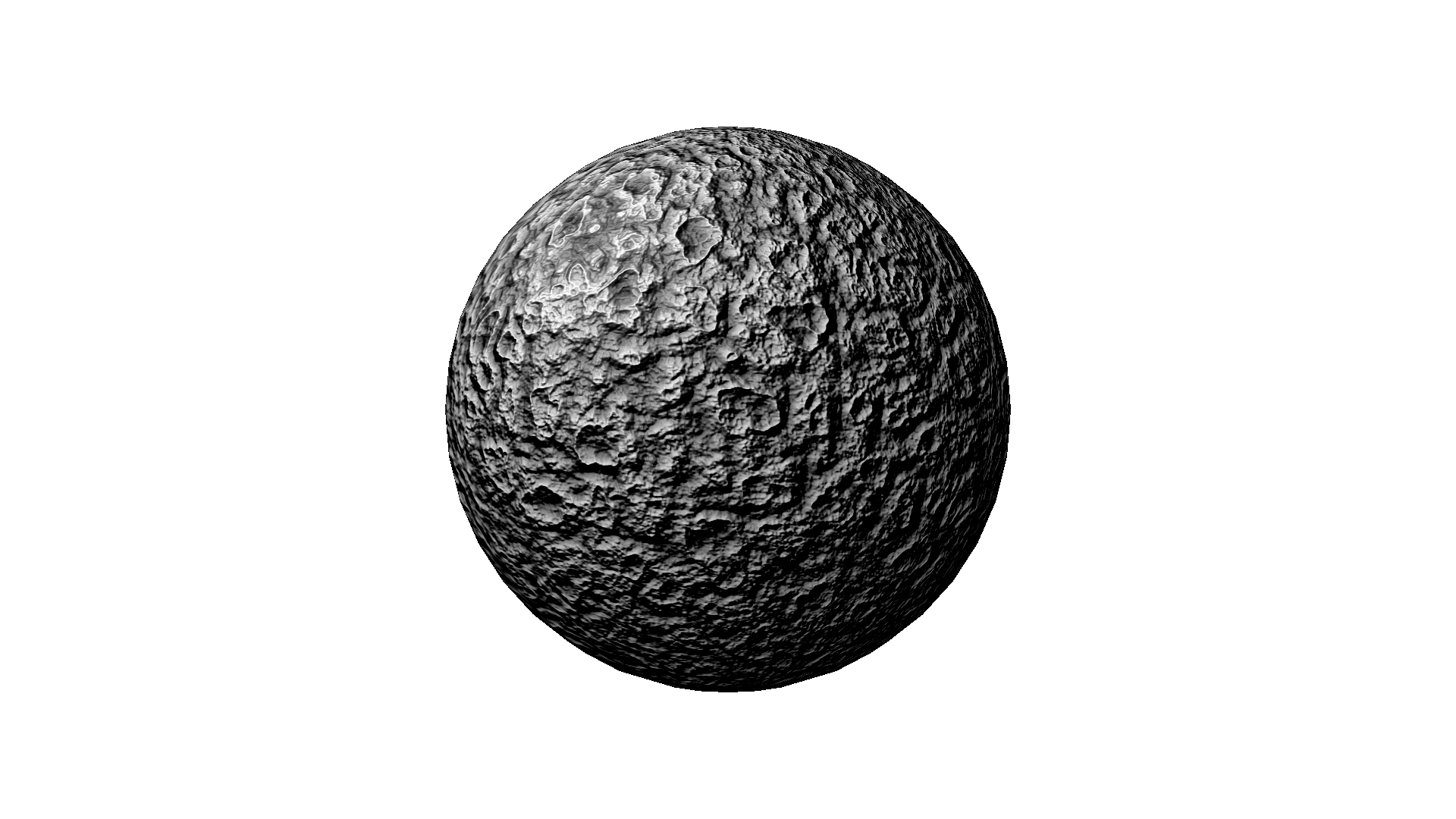On one of my recent journeys down the Wikipedia rabbit hole -- you know what I'm talking about, when you look up something in Wikipedia and one of the links on the page draws your attention, and you click on it, and then repeat until you are seventeen pages and at least a dozen knowledge domains removed from the information you came looking for -- I wound up on the page for aqua regia (don't ask) and stumbled across this interesting tidbit of history:
When Germany invaded Denmark in World War II, the Hungarian chemist George de Hevesy dissolved the gold Nobel Prizes of Max von Laue and James Franck in aqua regia to prevent the Nazis from stealing them. He placed the resulting solution on a shelf in his laboratory at the Niels Bohr Institute. It was subsequently ignored by the Nazis who thought the jar—one of perhaps hundreds on the shelving—contained common chemicals. After the war, de Hevesy returned to find the solution undisturbed and precipitated the gold out of the acid. The gold was returned to the Royal Swedish Academy of Sciences and the Nobel Foundation who recast the medals and again presented them to Laue and Franck.
I thought that was simply amazing and just had to pass it along.

